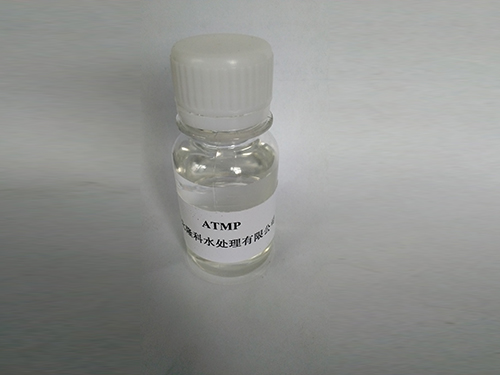Chloromethyl Isothiazolinone and Its Applications in Modern Formulations
Chloromethyl isothiazolinone (CMIT) is a biocide widely used in various industries, primarily for its effective antimicrobial properties. It belongs to a class of organic compounds known as isothiazolinones, which have gained popularity due to their ability to inhibit the growth of bacteria, fungi, and algae. This makes CMIT an invaluable ingredient in personal care products, industrial applications, and household cleaning agents.
Though it is highly effective as a preservative, there has been increasing scrutiny of CMIT due to its potential health effects. Research has indicated that this compound may cause skin sensitization and allergic reactions, leading regulatory bodies in several countries to impose restrictions on its concentration in consumer products. The European Union, for instance, has classified CMIT as a sensitizer, prompting manufacturers to reassess their formulations to ensure consumer safety.
In personal care items, such as shampoos and creams, CMIT serves to prolong shelf life by preventing microbial growth, which can otherwise compromise product integrity. However, consumers are becoming more aware of the ingredients in their products, leading to a growing demand for formulations that are free from certain preservatives, including CMIT. This trend has stimulated innovation in the cosmetics industry, as brands seek to develop safer, more natural alternatives while ensuring efficacy.
chloromethyl isothiazolinone

In industrial settings, CMIT is often utilized in water treatment applications and as a component in paints, coatings, and adhesives. Its effectiveness in controlling microbial populations is critical in processes that require high standards of hygiene. Nevertheless, the shift towards eco-friendly and non-toxic solutions presents challenges for industries reliant on traditional biocides like CMIT.
As the dialogue around chemical safety continues to evolve, the future of chloromethyl isothiazolinone remains uncertain. The ongoing research and consumer awareness regarding the potential risks associated with its use may accelerate the transition to safer alternatives. Companies are encouraged to innovate and adapt to meet regulatory standards and consumer preferences while maintaining the effectiveness of their products. In conclusion, while CMIT plays a vital role in many applications, the focus on safety and sustainability may steer the industry toward a new paradigm, emphasizing natural preservatives and biocides with reduced health risks.
-
lk-319-special-scale-and-corrosion-inhibitor-for-steel-plants-advanced-solutions-for-industrial-water-systemsNewsAug.22,2025
-
flocculant-water-treatment-essential-chemical-solutions-for-purification-processesNewsAug.22,2025
-
isothiazolinones-versatile-microbial-control-agents-for-industrial-and-consumer-applicationsNewsAug.22,2025
-
scale-inhibitor-key-solutions-for-water-system-scale-preventionNewsAug.22,2025
-
organophosphonates-versatile-scale-inhibitors-for-industrial-water-systemsNewsAug.22,2025
-
scale-and-corrosion-inhibitor-essential-chemical-solutions-for-water-system-maintenanceNewsAug.22,2025





